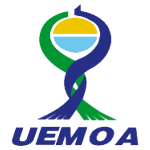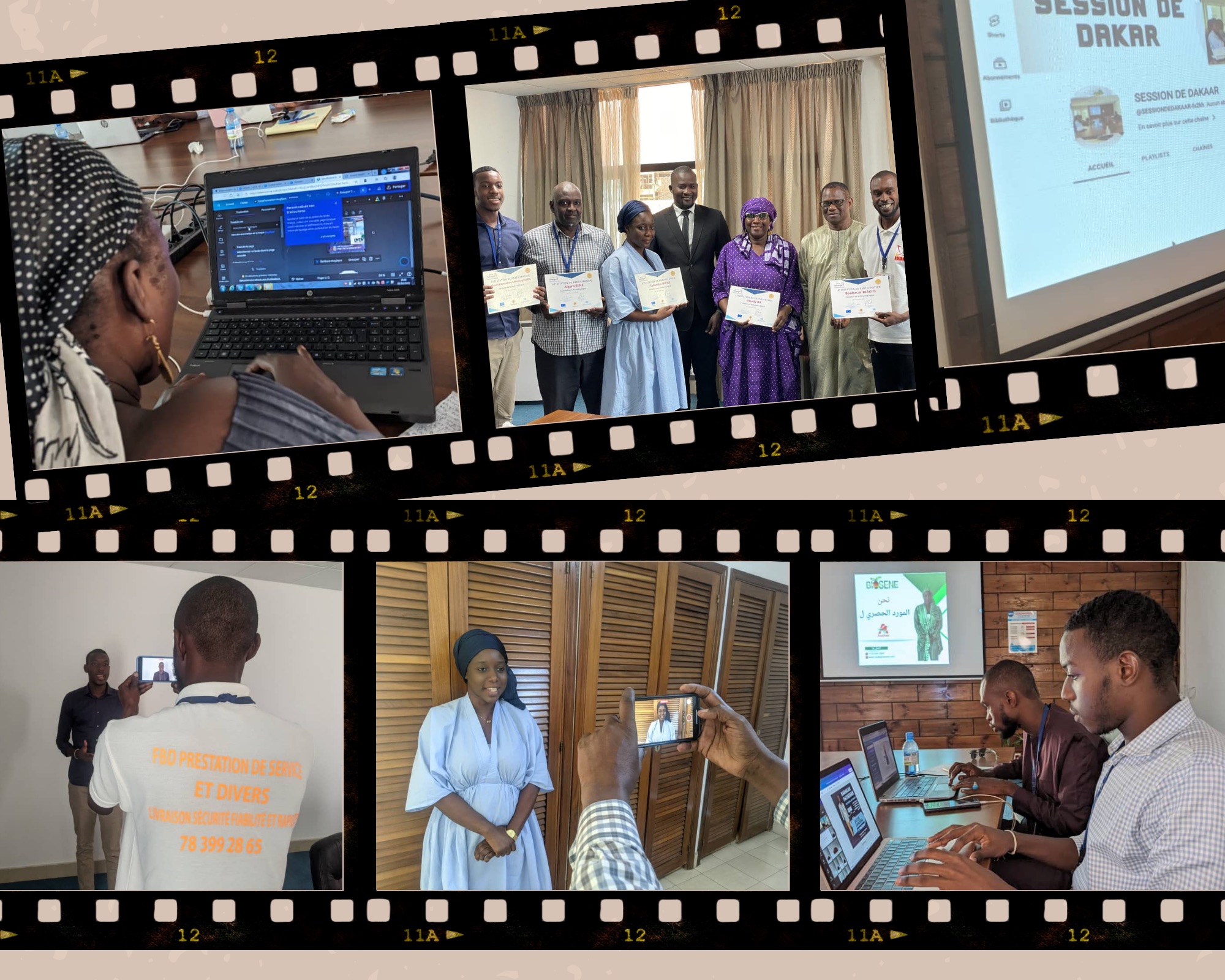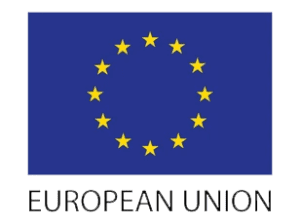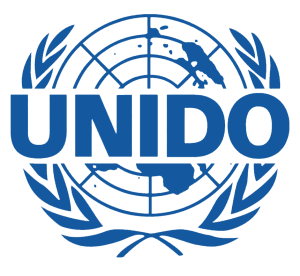In collaboration with the West Africa Competitive Programme – The Gambia (WACOMP-GM), The Gambia Standard Bureau (TGSB) successfully concluded the public engagement on the draft national standards for onion and its related value chain products. The consultations took the form of regional stakeholder meetings, media engagement and open commenting for feedbacks on the draft standards.
Public feedback is a requirement and an important stage in the development process of Gambian Standards. The public commenting process provided all stakeholders, both national and international, and the public the opportunity to access the draft standards for review and comments where necessary.
With funding from the European Union (EU), these activities were implemented under the UNIDO project’s output 2 which seeks to strengthen technical capacity of The Gambia Standards Bureau (TGSB) and support in the development of relevant national standards.
The Bureau as the secretariat of the Technical Committee for Food and Agricultural Technical Committee conducted a weeklong nationwide stakeholder engagement meeting across all the regions in the country to solicit comments from stakeholders on the draft standards which were under public commenting from 1st July to 31st August 2023.
A notification on the draft standards was also sent to the world Trade Organisation (WTO) to notify its member states about the Gambia developing standards on the selected products, as well as enabling them to make comments on these draft standards.
These standards are expected to improve the horticulture sub-sector by helping players in the value chain adhere to national standards that are in line with other international standards.
The Director of Standardization Division at TGSB, Ebrima Musa Jallow, said the development and adaption of these standards contribute to sustainable development of the sector through practice of international good practices especially the significant reduction of onion importation in the country as well as reduction of major challenges during production and post-harvest operations of onion.
As part of the Bureau’s standard development procedures, in line with International Standards Development Procedures of ISO/IEC Guide 21-1-1 and WTO code of practice for standards development, the Technical Committee conducted series of meetings to review and validate the draft standards and later embarked on a public consultation.
Saikou Drammeh, the Standards Officer for Food and Agriculture at TGSB, said WACOMP project has been a very instrumental partner of the bureau in its quest to standardize the food and agricultural sector of The Gambia.
He added: “WACOMP’s support in the development of these relevant national standards on onion and allied horticulture value chains will definitely increase competitiveness of the sector through enhanced quality and compliance along the value chains, improve the performance, growth and contribution to industry, regional trade and exports and improve the climate for business at national and regional levels”.
He commended the project for strengthening the technical capacities of the Bureau’s staff through a series of capacity building trainings which have greatly added value in the quality of their work.
A member of the Committee, Ngaja B. Jawo, commended WACOMP for supporting the process and called on fellow specialists to continue supporting TGSB in its standardization efforts.
Speaking at the launch of the technical committee for drafting of standards while on official mission to The Gambia, Christian Lasser, UNIDO Project Administrator, said the standards seek to increase competitiveness through enhanced quality and compliance along the onion value chain, improve the performance, growth and contribution to industry, regional trade and exports of selected value chain.
The standards, he added, will cover specification of onion, Good Agricultural Practices, Good Manufacturing Practices, Handling and Storage and Labeling and Packaging, adding that the Committee will review different reputable international standards and adopt those that suit the Gambian context.







